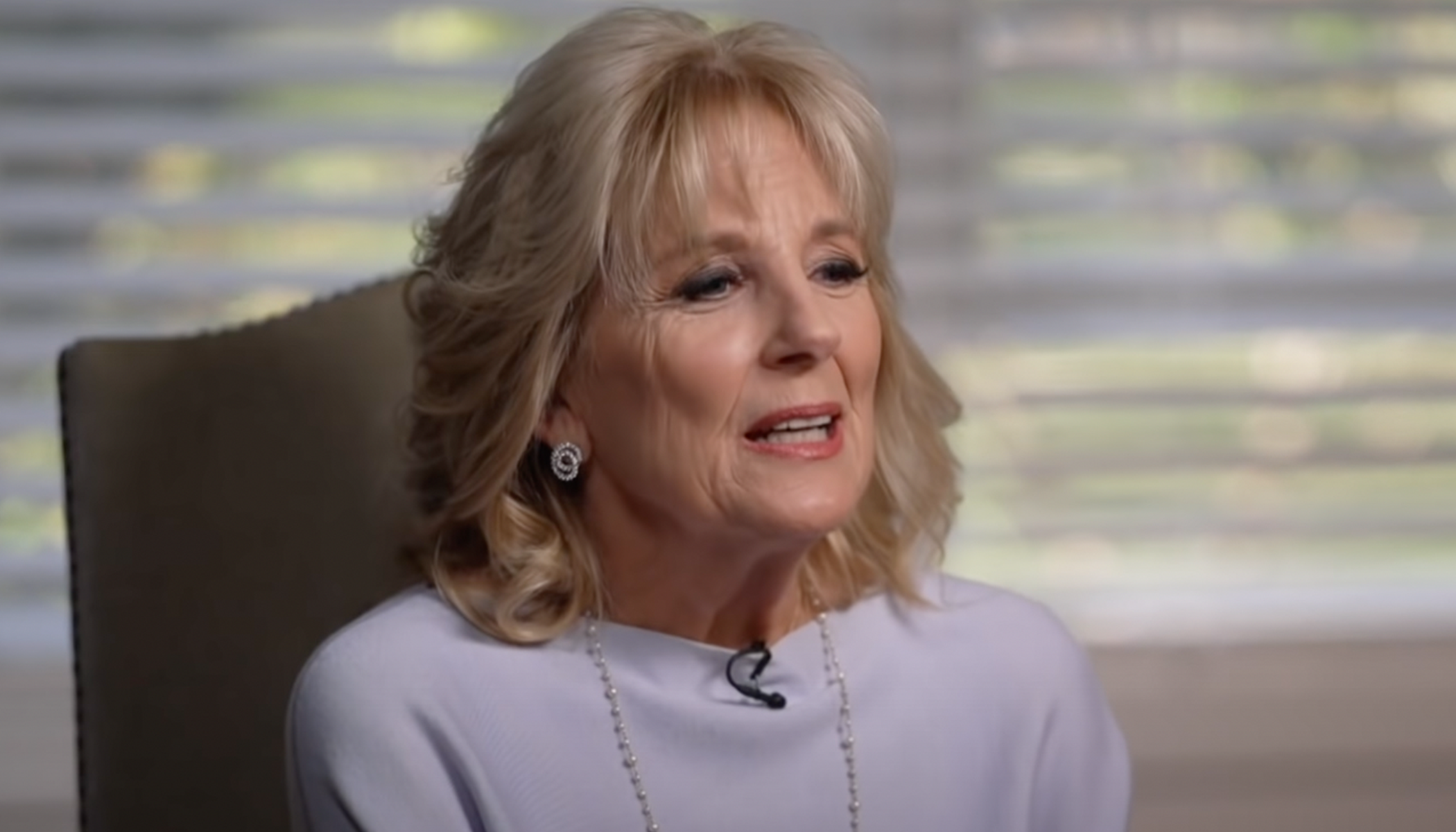Gorsuch Delivers Cautionary Words on Biden's Supreme Court Reform Ideas
In a recent interview, Supreme Court Justice Neil Gorsuch voiced significant concerns regarding President Joe Biden's recent proposals for Supreme Court reform.
Justice Gorsuch critiqued the Biden administration's reform push, emphasizing the importance of safeguarding of judicial autonomy, as Fox News reports.
During an appearance on Fox News Sunday, Gorsuch discussed the implications of the proposed reforms to the Supreme Court suggested by President Biden and Vice President Kamala Harris.
The administration has called for the implementation of term limits for justices, the establishment of a code of conduct, and the setting of boundaries on presidential immunity.
Gorsuch stressed the importance of an independent judiciary, which he believes is essential for protecting the rights of unpopular parties against popular majority decisions. This independence, he argued, is crucial especially in high-stakes legal situations.
Justice Gorsuch Highlights Challenges in the U.S. Legal System
The abundance of laws in the United States was another point upon which Gorsuch touched, a topic he explores in his co-authored book, Over Ruled: The Human Toll of Too Much Law. He believes the sheer volume of laws can often lead to unintended legal violations by ordinary Americans.
His 18 years on the bench have shown him numerous instances where Americans are penalized by overly complex regulations.
Gorsuch Advocates for Constitutional Adherence and Dialogue
Gorsuch emphasized the role of the Constitution in resolving conflicts with other branches of government. He insists that adherence to the Constitution is key in navigating these conflicts, reinforcing the importance of constitutional fidelity.
Quoting retired Justice Stephen Breyer, Gorsuch advocated for increased dialogue and understanding. He believes that sufficient communication can lead to common ground, even among seemingly disparate viewpoints.
"It's there for the moments when the spotlight's on you, when the government's coming after you. And don't you want a ferociously independent judge and a jury of your peers to make those decisions? Isn't that your right as an American? And so I just say, be careful," Gorsuch expressed his views on the importance of an independent judiciary.
Gorsuch's Take on Legal Complexity and Its Impacts
"We need laws to keep us free and safe," Gorsuch stated, but he cautioned that an excessive number of laws might lead to unintended consequences. These consequences often manifest as legal violations by individuals who are not even aware they are breaking the law.
"It turns out for a period of time they were giving wrong answers about a third of the time," Gorsuch commented on the inaccuracies provided by the IRS hotline, illustrating the practical challenges posed by complex laws.
"The answer, is the Constitution," Gorsuch reiterated his approach to conflicts involving the judiciary and other government branches. This fundamental adherence, he argues, is essential for maintaining the balance of powers and ensuring fair legal proceedings.
Concluding Reflections on Judiciary Independence and Reform
Gorsuch's remarks come at a crucial time when the judiciary's role and structure are under public scrutiny.
His call for caution reflects a deep-seated belief in the principles of judicial independence as enshrined in the U.S. Constitution.
"My good friend [retired Justice] Stephen Breyer says, ‘If I listen to almost anyone talk for long enough, I’m gonna find something they say that we can agree on,'" Gorsuch shared, emphasizing the potential for agreement and understanding through sustained dialogue.
In conclusion, Justice Gorsuch's commentary provides a sobering reminder of the challenges facing the U.S. legal system and the ongoing debate over Supreme Court reforms.
His insights underscore the delicate balance between lawmaking and the preservation of fundamental judicial principles.






